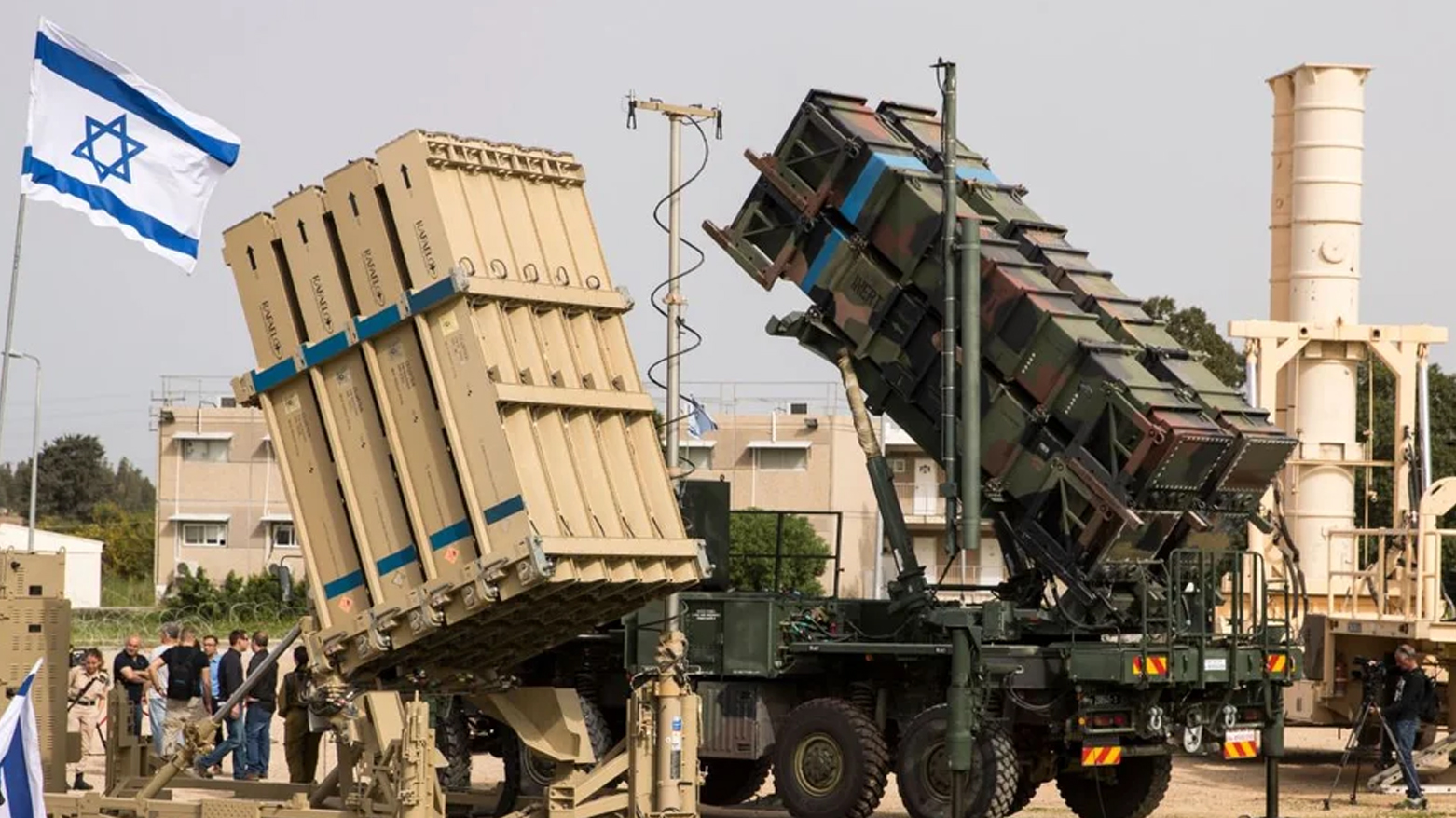Iran’s Missile Barrage Drains Israeli Economy, Costs Soar Into Billions
Israel's war costs will hit $12Bif the war prolonged as Israeli missile defense drains $4M per intercept. Infrastructure damage mounts amid 400+ Iranian rockets. Netanyahu vows to continue.

ERBIL (Kurdistan24) – The financial toll of Israel’s ongoing confrontation with Iran has surged into the hundreds of millions of dollars per day, according to early estimates reported by The Wall Street Journal, raising concerns among analysts about Tel Aviv’s ability to sustain a prolonged conflict.
Economic and defense experts told The Wall Street Journal that Israel's defense expenditures are escalating sharply, with the most significant costs arising from intercepting Iran’s missiles. Since the beginning of the hostilities, Iran has launched more than 400 missiles toward Israel, forcing the country to activate high-cost air defense systems at an unprecedented rate.
High-Tech Defense Comes at a Heavy Price
One of Israel’s key defense systems, “David’s Sling,” used to intercept short-to-medium range missiles and drones, costs approximately $700,000 per interception—using the standard two missiles per launch. Meanwhile, the “Arrow 3” system, deployed to neutralize long-range ballistic missiles beyond the atmosphere, costs about $4 million per interception. The older “Arrow 2” variant costs $3 million per missile.
The financial burden extends beyond interception systems. The Israeli Air Force has been actively flying F-35 fighter jets across distances reaching 1,000 miles, with each hour of flight costing roughly $10,000—excluding fuel and advanced munitions such as JDAM and MK84 smart bombs.
Zvi Eckstein, head of the Aaron Institute for Economic Policy at Reichman University, stated: “The cost of the war with Iran far exceeds previous conflicts in Gaza or against Hezbollah, primarily due to the high price of both defensive and offensive munitions.” The institute estimated that a month-long war could cost Israel as much as $12 billion.
Civilian Infrastructure and Public Services Overwhelmed
The Iranian missile strikes have also inflicted severe damage on Israel’s civilian infrastructure. Structural engineer Eyal Shalev noted that hundreds of buildings have been either significantly damaged or completely destroyed. Repairing a single modern tower in Tel Aviv, he warned, could require tens of millions of dollars.
So far, over 5,000 individuals have been evacuated from their homes, with many now housed in hotels at the state’s expense, according to Israel’s Public Diplomacy Directorate.
Crucial infrastructure has not been spared. Iran directly targeted strategic sites, including the country’s largest oil refinery in northern Israel, which suffered two direct hits, resulting in its closure and the deaths of three employees according to The Wall Street Journal. Workers in other sensitive facilities have been instructed to remain home as security threats persist.
Strategic Dilemma Amid Rising Costs
The mounting economic pressure is straining Israeli decision-makers, with calls growing to bring the conflict to a swift conclusion. However, Israeli Prime Minister Benjamin Netanyahu has maintained that military operations will continue until Israel achieves its primary objectives—namely, dismantling Iran’s nuclear program and destroying its missile arsenal.